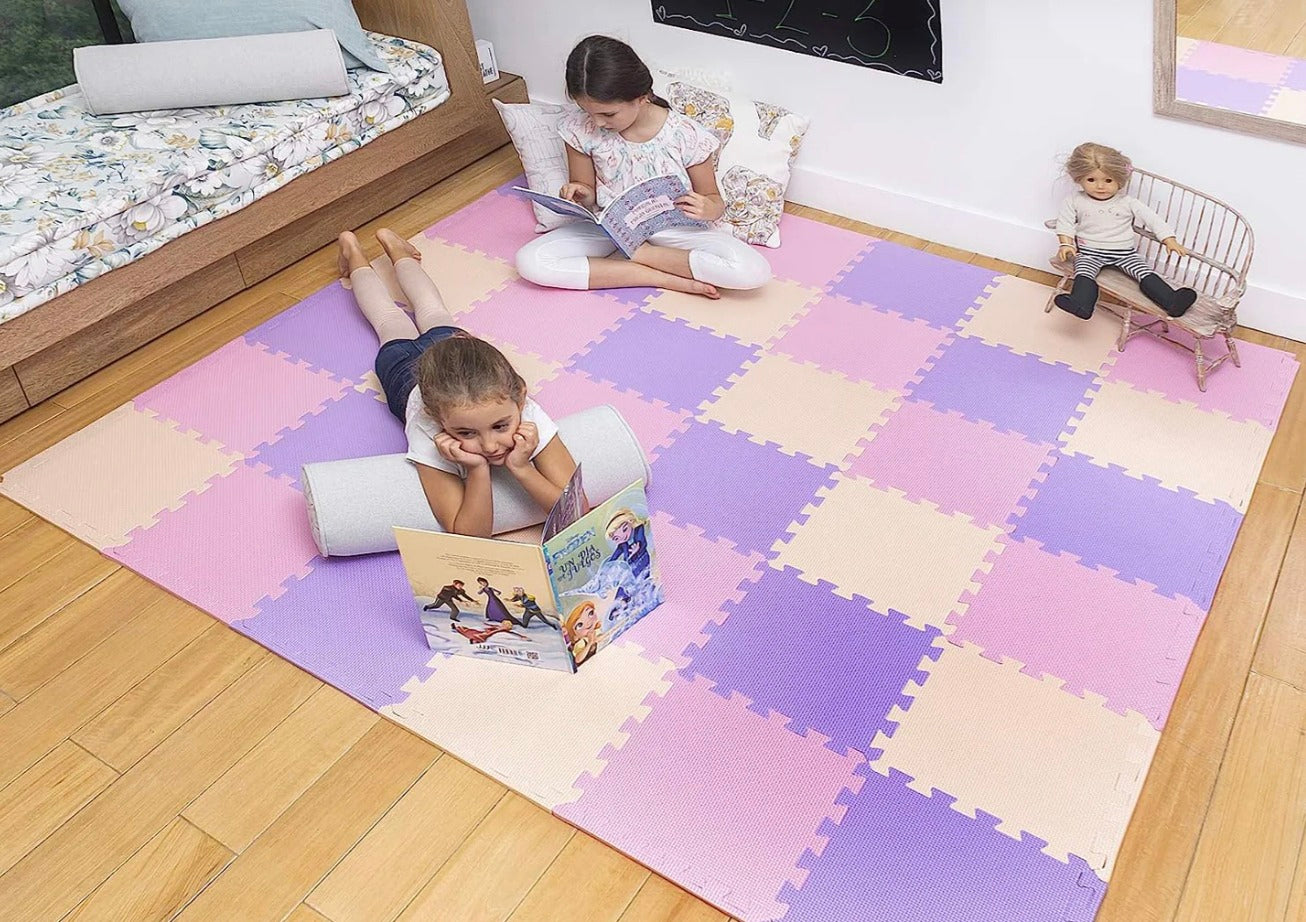Creating the perfect playroom can be a thrilling yet challenging experience. As parents, we strive for a balance between fun and functionality, aiming to create a space where our children can learn, grow, and play safely. However, even the most well-intentioned parent can slip up. Here are 10 common playroom design mistakes and how you can avoid them.
Introduction
You’ve read countless blogs, watched DIY videos, and even made a Pinterest board dedicated to your child’s playroom. Yet, despite all your planning, things don't seem to be coming together quite like you'd hoped. Don't fret! The pitfalls are common, but they are also easily avoidable. This article highlights 10 common mistakes in playroom design and offers solutions for each.

Mistake 1: Neglecting Safety Measures
What Happens:
Many parents focus so much on the aesthetic and functional aspects of a playroom that they overlook basic safety measures.
How to Avoid:
Childproof the room thoroughly, cover electrical outlets, secure tall furniture to the wall, and opt for non-toxic materials whenever possible.
Mistake 2: Lack of Storage
What Happens:
Toys and crafts overrun the space, causing clutter and stress.
How to Avoid:
Plan for ample storage. Use clear bins, baskets, and easy-to-reach shelves to keep everything organized.

Mistake 3: Overcrowding the Space
What Happens:
Too much furniture or too many toys can make the room feel cramped and overwhelming.
How to Avoid:
Adopt a minimalist approach. Only keep toys that your child regularly uses, and opt for multi-functional furniture to save space.
Mistake 4: Ignoring Age-Appropriateness
What Happens:
The playroom doesn't evolve to meet the child's growing needs.
How to Avoid:
Keep the room adaptable. Use modular furniture and versatile storage solutions that can grow with your child.
Mistake 5: Missing Zones or Corners
What Happens:
Without designated areas, the playroom becomes a jumble of activities.
How to Avoid:
Divide the room into zones for different activities like reading, crafting, and active play to bring order and focus to the space.

Mistake 6: Disregarding Natural Light
What Happens:
Poor lighting can strain young eyes and make the space less inviting.
How to Avoid:
Whenever possible, make the most of natural light. Also, install adjustable lighting to create a cozy atmosphere during evening hours.

Mistake 7: Going Overboard with Themes
What Happens:
An overly specific theme can quickly become outdated as your child’s interests change.
How to Avoid:
Choose a more neutral base with themed accents that are easy to swap out.

Mistake 8: Lack of Adult-Friendly Features
What Happens:
Parents dread spending time in a room that doesn't cater to their needs.
How to Avoid:
Include a comfortable chair and adult-friendly storage or even a small workspace to make the room more enjoyable for everyone.

Mistake 9: Forgetting Maintenance
What Happens:
The room becomes a mess, making it less inviting for playtime.
How to Avoid:
Keep cleaning supplies handy and establish a regular clean-up routine that involves your child.
Mistake 10: Ignoring Your Child’s Input
What Happens:
The room becomes a parent's vision, not a space for the child.
How to Avoid:
Involve your child in the design process to ensure the playroom is a place where they'll love to spend time.

Conclusion
Avoiding these common mistakes can help you create a playroom that is safe, functional, and adaptable to your child's changing needs. Remember, the ultimate goal is to create a space where your child can freely express their creativity and you can build lasting memories together. So go ahead, sidestep these pitfalls and design a playroom that both you and your child will adore.





